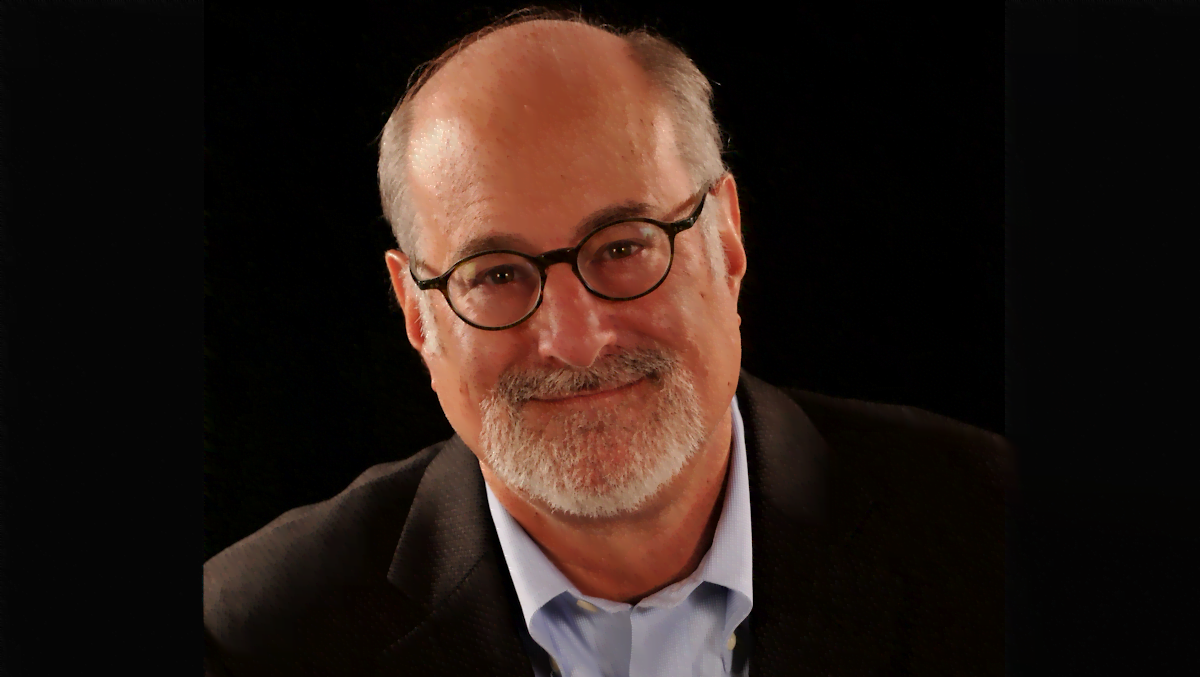As the sports podcasting space continues to grow, what elements can brands adopt from sports radio? In turn, what can sports radio learn from podcasting to reach an audience that increasingly wants its content on-demand?
It’s a complex question, says Amplifi Media CEO Steven Goldstein, who will appear at the BSM Summit. But the answers could be crucial to radio’s continued survival in a changing media landscape. In his views, broadcasters need to avoid being formulaic in their content.
“You don’t hear about breakthrough radio programming in this era,” said Goldstein, who spoke to Barrett Sports Media by phone. “Especially as stations have been forced to cut back and do more with less.
“But podcasts do have that. There’s a lot of wonder and amazement and experimentation from all sorts of experienced audio creators or novice creators. So I think that’s created a lot of the excitement.”
Podcasting is a very hot sector, according to Goldstein. Within that sector are shows doing exceptionally well, providing content different from anything currently available on commercial radio and succeeding because of it.
Goldstein uses television as an analogy. In a previous era, viewers got their content from four TV networks. But now, there are so many more choices and so many other places to get content. That’s forced content creators to be more energetic, show more creativity and a willingness to experiment.
“They take chances on new forms,” he said.
But so many choices also makes it increasingly different for radio shows and podcasts to stand out. That makes discoverability a key issue for the industry right now. How do listeners find good content, programming they want to listen to? Radio’s greater reach provides an advantage that podcasters don’t have.
Five or six years ago, if a podcaster had a good social media following, that could be enough to introduce a podcast and build an audience. Yet as the space has become more crowded, it’s difficult to stand out.
“That’s why I like the relationship between podcast and broadcast,” said Goldstein. “Because broadcast has this massive megaphone that’s the envy of podcasters. It is not a one-and-done. It’s not a magic bullet. But it’s a built-in audience exposure method that’s been proven to be effective.”
However, one element radio broadcasters can learn from podcasters is distilling the best content into a shorter form more digestible for consumers. A three-hour radio show doesn’t often have three hours of strong content. But serve up the best stuff in eight- to 15-minute chunks, rather than in bulk, and there’s a better chance of giving the audience what it wants.
Yet successful programming doesn’t have to be for one audience or the other. Goldstein points to Dave Ramsey, the personal finance and business personality whose organization figured out that there can be synergy between a radio show and podcast.
“Ramsey has the fourth-largest radio show in the United States and he has a top 30 podcast,” said Goldstein. “So the Ramsey organization knows that the audience which listens to the radio show is different than the audience which listens to the podcast. It’s a different psychographic group, it’s a different age group.”
NPR is another example of an organization that’s learned to reach different audiences with its radio programming and podcast content.
Those different audiences also present an opportunity for advertisers, which is what Goldstein will discuss with Borrell Associates CEO Gordon Borrell during their session at the BSM Summit. Advances in technology allow local advertisers to reach audiences that were previously only available to national brands. It’s incumbent upon radio stations to reach that audience.
“It’s getting better every day and more advertisers are interested in that,” said Goldstein. “And Gordon will talk about that because he has a very strong sense of this. His feeling is that the local advertiser is not interested in radio, not interested in newspaper, not interested in TV. They’re interested in media and audience accessibility and they’re going to go wherever the audience is.”
The good news for sports radio is that there is significant synergy with sports podcasts among the audience. But radio has to find and embrace that audience.
“Sports radio listeners are 37 percent more likely to be podcast consumers than the average American,” Goldstein said, citing data from Nielsen. “Sports radio listeners are 91 percent more likely to listen to sports podcasts, compared to the average American.”
Reaching local audiences and advertisers for radio will be crucial in the future. But the opportunity is there because it’s more difficult for advertisers to break through in a crowded national space.
“The local podcast ecosystem is virtually undeveloped, and so whoever gets in there stands to do best,” Goldstein said. “But radio is not going to be alone in producing audio. TV stations are doing podcasts, newspapers are doing podcasts… So if radio doesn’t move on this, others will fill the port.”
As Goldstein puts it, we’re in the early innings of exploring an untapped market for local advertising. But radio can’t be afraid to try and to evolve. More importantly, stations and programmers need to focus on educating the market and develop podcast versions of their shows. The audience is moving to more on-demand content and radio needs to move there with them, while adapting accordingly.
“I absolutely think dicing and slicing is critical, especially in an ADD world in which people are surfing content,” said Goldstein. “I think that there has to be a good deal of content that is more snackable.”
Ian Casselberry is a sports media columnist for BSM. He has previously written and edited for Awful Announcing, The Comeback, Sports Illustrated, Yahoo Sports, MLive, Bleacher Report, and SB Nation. You can find him on Twitter @iancass or reach him by email at iancass@gmail.com.






